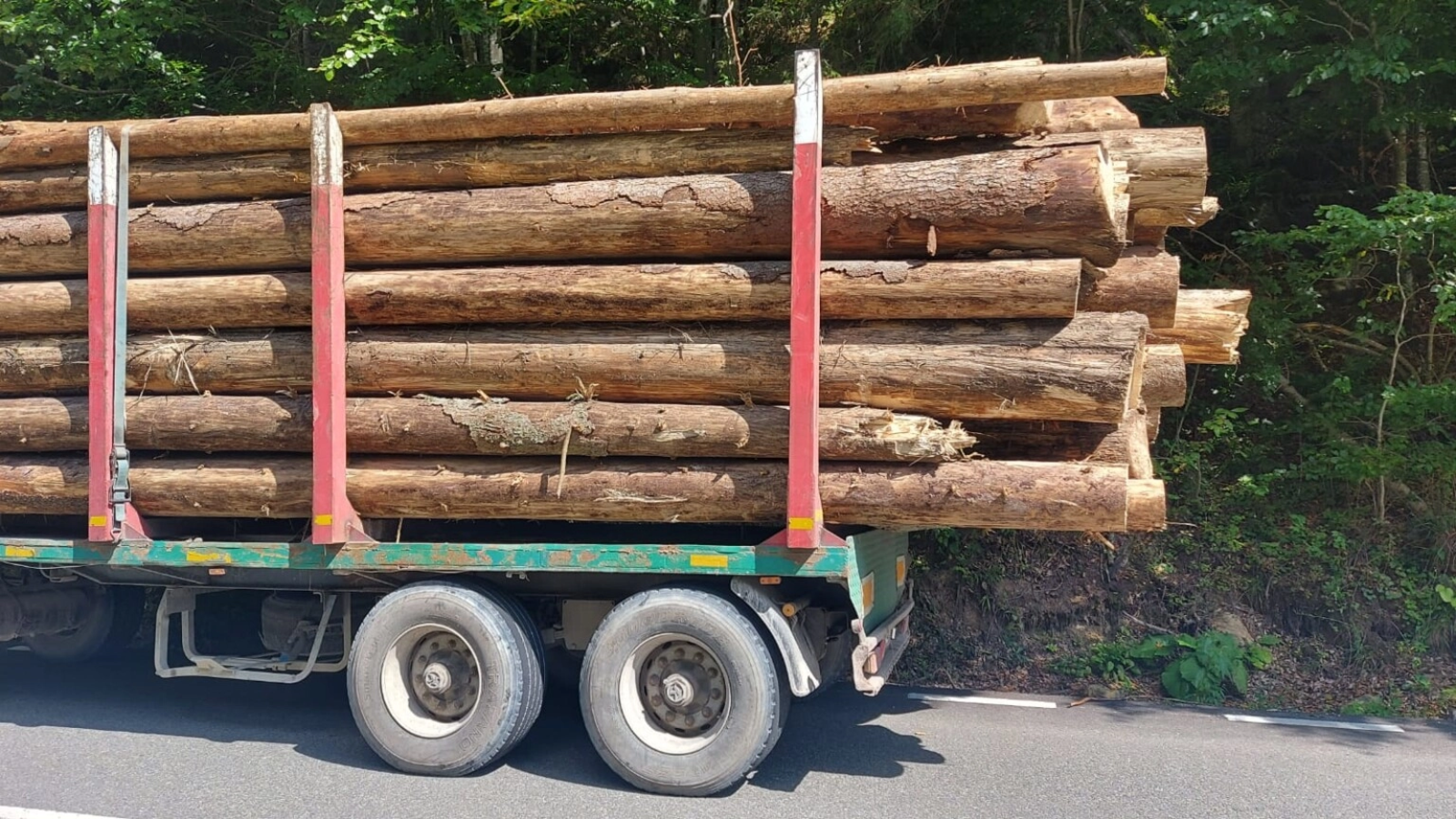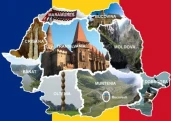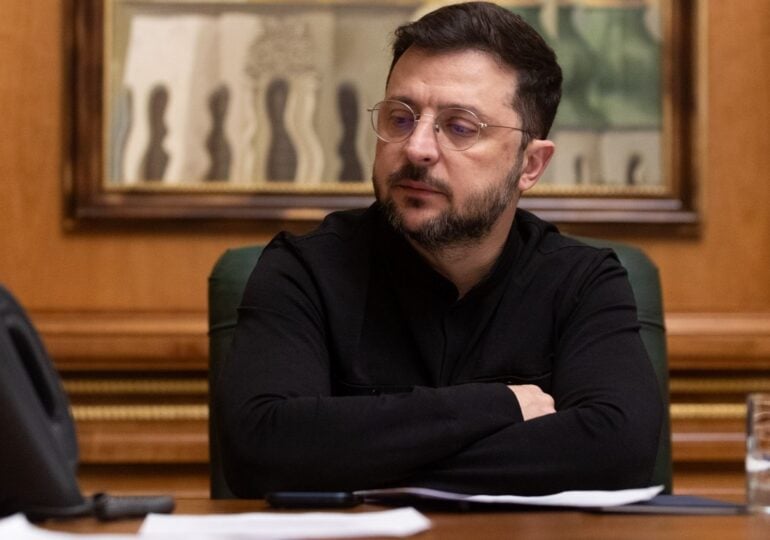Wood is a strategic resource - renewable, versatile and with a reduced carbon footprint, said Ciprian-Dumitru Musca, president of the Romanian Foresters Association (ASFOR), in a press release sent to AGERPRES on Monday.
At the 20th session of the UN Forum on Forests (UNFF20), the European forest sector was represented at a high level at an event dedicated to public-private partnerships to achieve the Global Goals on Forests, organized by FAO and the private sector advisory body, ACSFI.
Thus, CEI-Bois (European Confederation of Wood Industries) and EOS (European Timber Producers' Organization) sent a clear message: the forestry sector is an essential part of the green transition and the European bio-economy, offering renewable, circular and competitive solutions to climate and economic challenges.
"Wood is a strategic resource - renewable, versatile and with a low carbon footprint. It contributes to reducing emissions, rural development and long-term carbon storage. Romania has the duty and the chance to be at the forefront of this European transformation," stated, in the quoted press release, the president of ASFOR, Ciprian-Dumitru Musca.
He argues that the forestry industry already supports a genuine circular economy, fully utilising the wood resource, including processing waste, and innovations in the field of technological wood, sustainable construction, "bio-based" packaging and renewable textiles demonstrate the sector's strategic role in the economy of the future.
"In order for this potential to be harnessed, it is essential to adopt coherent public policies and an adequate support framework, both at European and national level. Among the sector's priorities are: strengthening green public procurement; recognizing the role of wood in carbon storage by updating building codes; promoting modern construction methods (off-site); increasing investment in research and development for bio-based applications. Romania - with one of the largest forest areas in the European Union - has the potential to become a regional leader in the forest bio-economy. This requires support for innovation, sustainable forest use policies and the integration of forest resources into national strategies on climate, rural development, the construction industry and the circular economy. It is time for forests and wood to be treated not as simple raw materials, but as central elements of a green, competitive and resilient economy," Musca said.
In the specialist's view, the Romanian forestry sector is prepared to be part of the solution, with expertise, resources and vision.
The Romanian Foresters Association is the employers' and professional organization, representative at national level, of economic operators in forestry and wood industrialization.
































Comentează